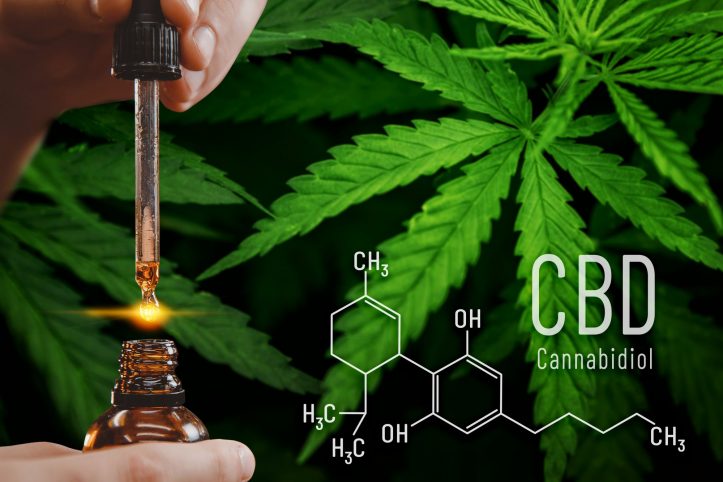What is CBD? Cannabidiol or CBD as it is commonly known is a chemical compound in which the active component is CBD. Cannabidiol was isolated from marijuana and its family members, which include THC and Hashimoto’s disease, as well as cannabidiol-like compounds (cannabidiol) that were isolated from different parts of Brazilian leaf weed. Cannabidiol was first tested on animals and found to be without toxicity. It has now been tried on humans with some success.
What is CBD? The name “Cannabidiol” is derived from “Cannabidiol” a French term meaning “Cannabidiol”, derived from the Spanish word “Cannabota”. CBD is the latest addition to the long list of chemicals that are classified as Schedule II drugs, a list that includes many over the counter painkillers and mood stabilizers. This particular drug is not a depressant like THC and does not produce the “high” associated with marijuana use, although there have been studies showing that it can reduce the “barking” in dogs that consume marijuana. CBD has not been found to be harmful when taken in the recommended dosage; however, overdose may be possible.

Cannabidiol can be found in three major forms: an oral capsule, a liquid spray, and oil. Cannabidiol in these forms are not considered dietary supplements. To obtain the maximum therapeutic benefits, it should be used in conjunction with complementary therapy. Cannabidiol capsules are available at nutritional supplement stores and through online retailers. The liquid spray and oil are available directly from the producer.
CBD or cannabidiol is the generic name for the oil extract that provides the medicinal benefits. It was developed by two pharmaceutical companies in Europe; one of which is based in the United States. Both companies have granted exclusive rights to the “farm-grown” product. No other company has been granted the exclusive rights to the name. When purchasing CBD, one should purchase from a reputable distributor to ensure that the product they are purchasing is approved for therapeutic use in Canada and the United States.
What is CBD? This answer should answer your question but to gain further insight, let us examine the history of this plant extract. During the 1970s, it was discovered that cannabidiol, a component of cannabis sativa, had potential as an anti-inflammatory; thus, was used for the treatment of arthritis. Following its success as a natural anti-inflammatory, it was discovered that the cannabidiol had distinct benefits for those suffering from nausea and vomiting following chemotherapy. In addition to being used to treat cancer, it was also used to help children with cerebral palsy and fragile infants. The United States Food and Drug Administration (FDA) issued a statement declaring that the cannabidiol had “no significant medical use.”
Recent studies confirmed the medical benefits of cannabidiol. In the Clinical Study of Cannabidiol published by the American Association for Cancer Research, it was found that patients diagnosed with advanced cancer had significantly fewer relapses than those who were given a placebo. In the phase I trial of cannabidiol, patients taking three doses had no statistically significant increases in lung tumor survival when compared to patients given only a placebo. The Cannabidiol phase II clinical trial is currently evaluating another set of anti-neoplastic properties.
Currently, there is only one pharmaceutical product containing high levels of cannabidiol. That product is Shilajit, an herbal remedy that contains cbd oil. So far, Shilajit’s benefits have been tested only in women with breast cancer, but the manufacturer says it will eventually be available to patients with all types of cancers. Shilajit is made from Indian rhubarb, with the main active ingredient being cannabidiol. Other extracts in Shilajit include: primrose, butyrosperry, sarsaparilla, carrot root, and white peony root.
The FDA has not approved cannabidiol for use as a medicinal treatment. But cannabidiol may soon find its way to the shelf of your local grocery store, since the US House of Representatives recently passed a bill to enable the FDA to regulate dietary supplements “as a dietary supplement and for health or medical purposes only.” If the FDA eventually decides to regulate cannabidiol, many people will find themselves able to buy dietary supplements that contain cannabidiol, which has been shown to have some promising medical benefits. If you’re interested in learning more about CBD, we recommend you follow the links below to learn more.